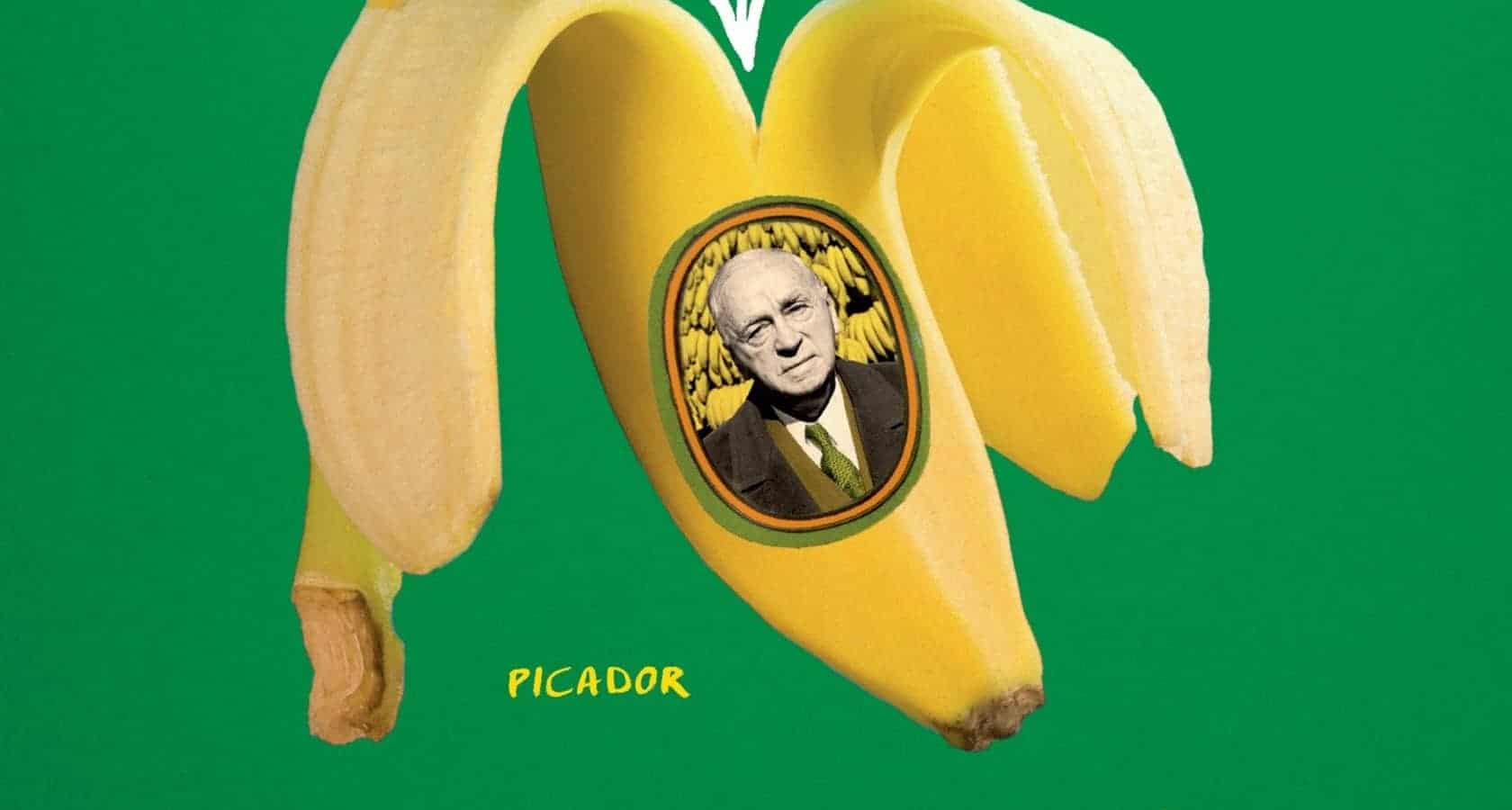 I wasn’t going to write about this book.
I wasn’t going to write about this book.
I thought this was going to be book about a man, his business, and the story of how they come together. But it was so much more. Beyond being my favorite book of the year (and one of the best I’ve ever read), it’s got everything a nonfiction story needs. Lessons, characters, angst, confusion. Reading this book about New Orleans, old ships, railways, and the isthmus of Central America made it feel like I was there. From the bays to the plantations, the book carried an aura like the humidity that hung around its characters.
The Fish That Ate The Whale is the story of Samuel Zemurray, the banana king. For a simple fruit, the banana’s history was anything but. The banana arrived in the United States in 1876, selling for ten cents a slice (over $2.50 in today’s dollars). Zemurray discovered them twenty years later and began to figure out how to sell them. Being a poor Russian immigrant, Zemurray couldn’t buy the best product that was being imported but found a deal on the bruised and ripe bananas when they were unloaded from the boats. Thanks to the growth of railways these ‘ripes’ became valuable and he got his foot in the boxcar door, literally riding in the train cars with his cargo.
As for lessons, there were many good ones throughout. But here are three that I found especially worthwhile.
Lesson 1: Look for new technology to make an unused byproduct a profitable product
Slowly Zemurray built up a business. First he peddled ripes, then he acted as a middle man, then he rented ships. Eventually he bought ships, plantations, and started a company. Through this Zemurray was everywhere. He was in the ports, in the boxcars, on the ground. He peddled a cart selling them, he cleared brush to grow them, he negotiated takeovers to move more of them. One of his favorite sayings was, “They’re there, we’re here.” Soup to nuts, Zemurray acted in every role of his business.
Lesson 2: Know your business better than anyone else
A lot of the work Zemurray was doing was as new as the product he was shipping. He had to figure out logistics, negotiations, and diversification. As he grew he had to buy more land for plantations, work with a group of people becoming more restless about their work, and oscillate between being too big and not big enough. Zemurray had to play by some rules and not by others and the solutions he comes up with in the book are as brilliant and defiant.
Lesson 3: Think creatively about solving your problems
This review has been intentionally ambiguous as not to spoil the surprise. My review can’t do justice to the story or the voice in the book, and you would be much better served reading it. This review is like the smallest bit of appetizer before a five-course meal at a five star restaurant.

